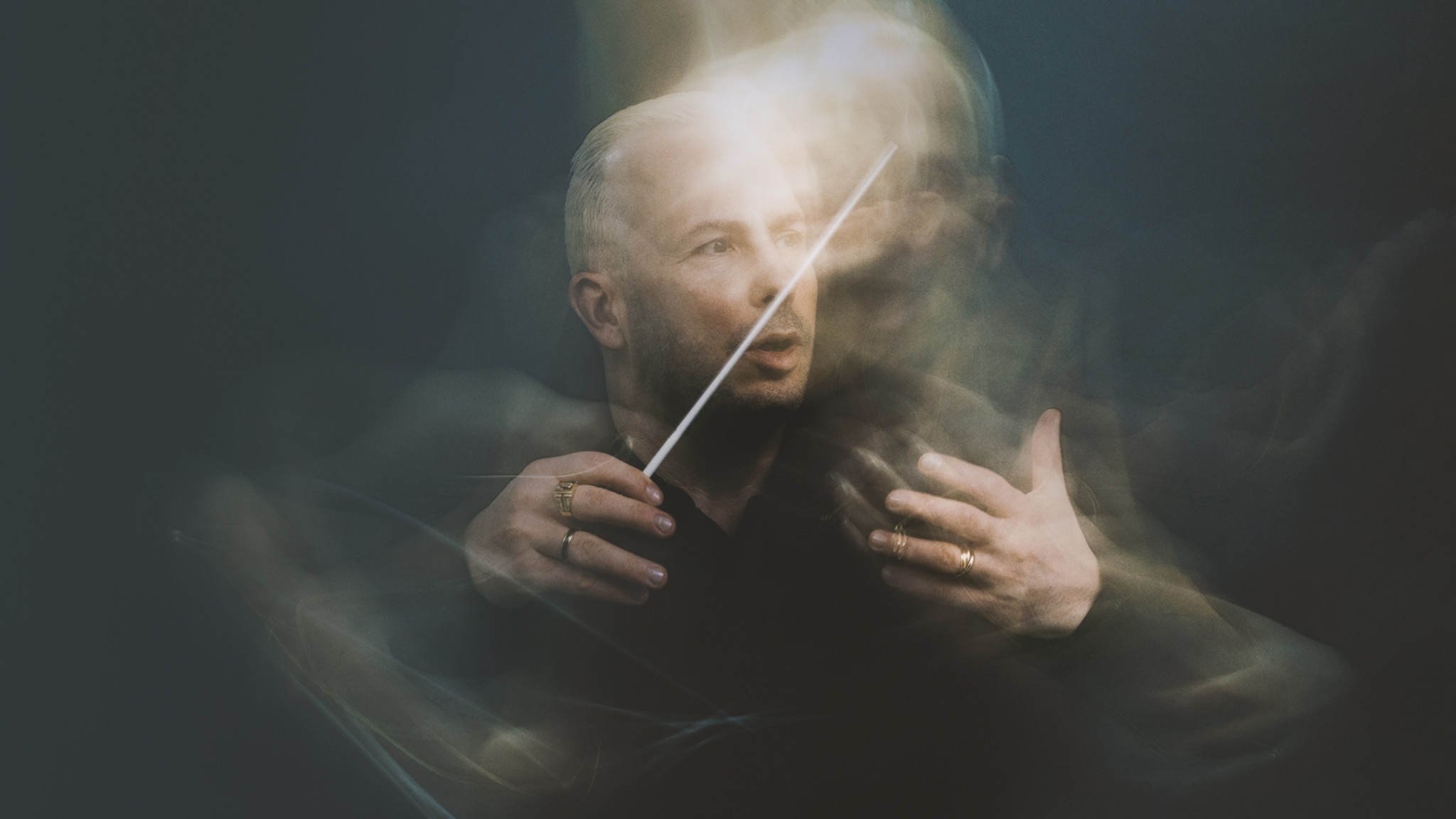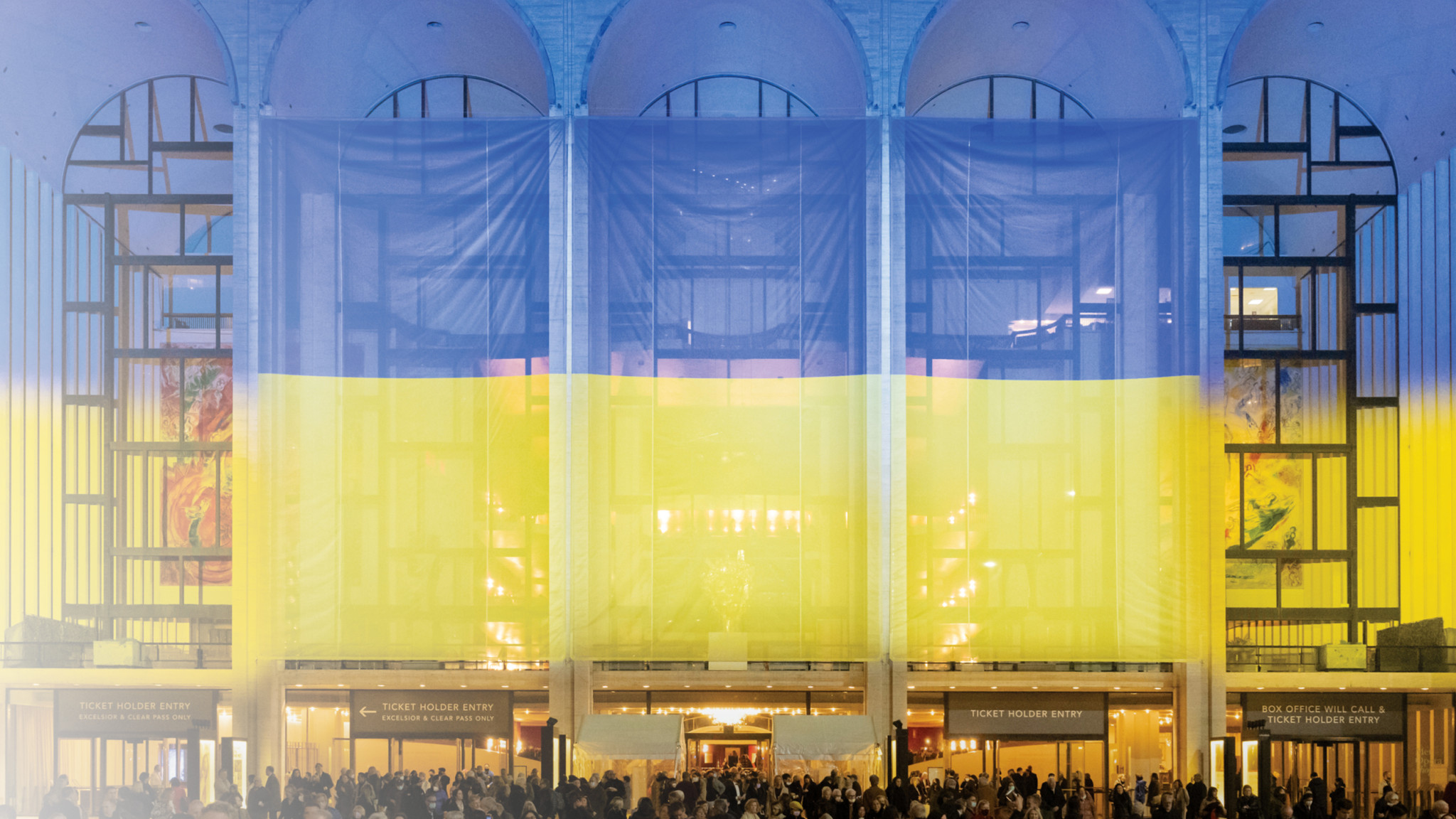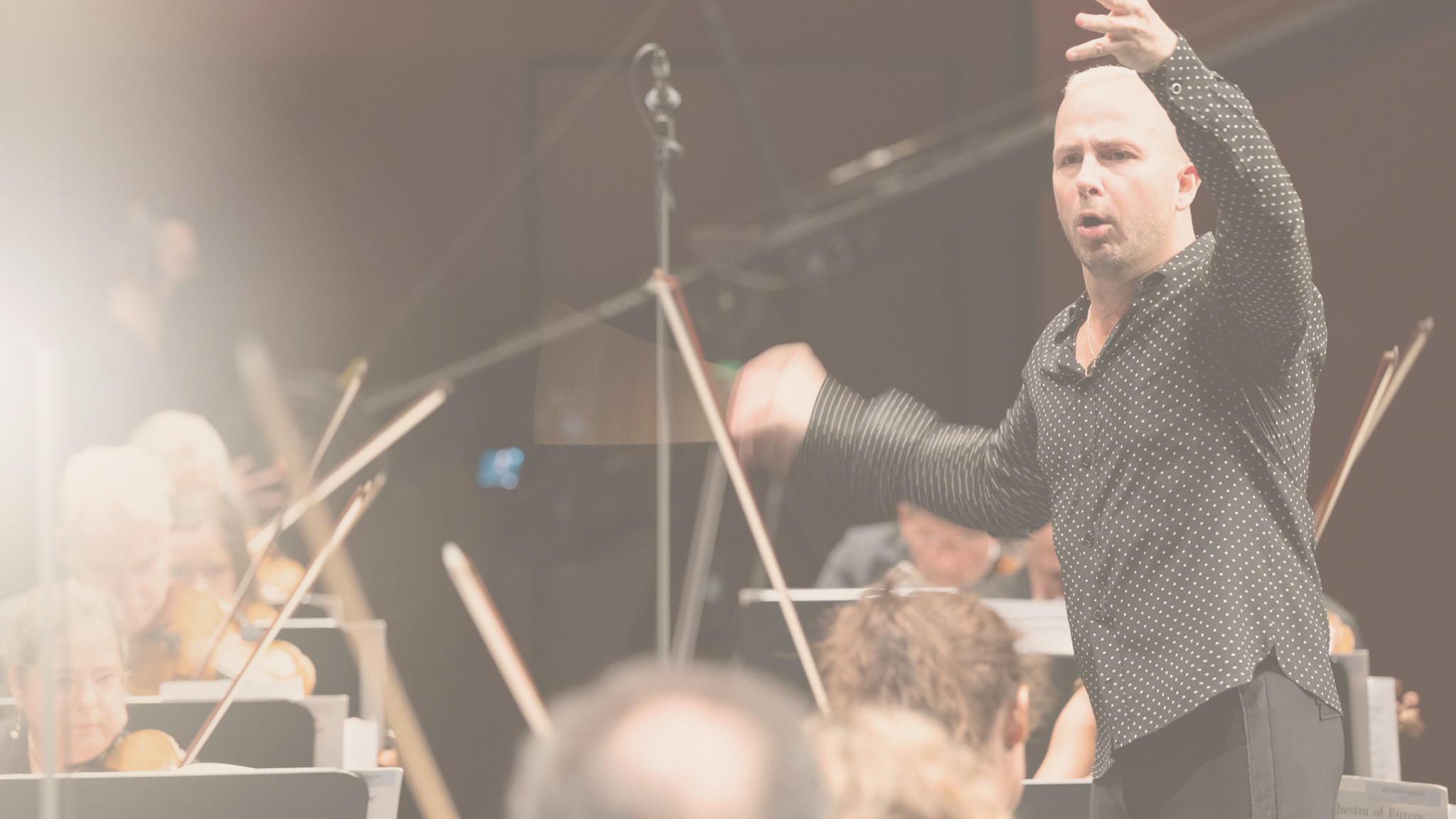Yannick Nézet-Séguin & the Chamber Orchestra of Europe Explore Brahms’s Symphonies in Baden-Baden

For over a decade, Yannick Nézet-Séguin and the Chamber Orchestra of Europe (COE) have been reunited each summer in the German spa town of Baden-Baden. In 2021, their work there led to a well-received complete Beethoven symphony recording for Deutsche Grammophon, the first such cycle to be based on the New Complete Edition of the composer’s works (“Incredible energy emanates from Nézet-Séguin’s conducting … There is a new explosion of vitality every minute, the sense of drive and optimism simply irresistible” – Forum Opéra ).
The following summer, Nézet-Séguin became artistic director of the Festspielhaus’s new La Capitale d’Été festival. Established by the theatre’s general manager, Benedikt Stampa, the festival took its name from a guidebook by French writer Eugène Guinot, which stated that Europe had two capitals – Paris in winter, but Baden-Baden in summer. During their 2022 and 2023 residencies, Nézet-Séguin and the COE turned their attention to Brahms, performing and recording all four of his symphonies. Deutsche Grammophon will release Johannes Brahms: The Symphonies digitally and as a 3-CD set on 12 July 2024. The third movement of Symphony No. 2 is available to stream as of 7 June, with the third movement of No. 3 out on 21 June. Both will be accompanied by performance videos.
The choice of Brahms for the COE’s 2022/23 residencies was particularly apt, given that the composer himself spent several summers in the village of Lichtenthal, just outside Baden-Baden, near the home of his friend Clara Schumann. He worked on many of his best-known compositions during those years, including the first two symphonies. The First had taken him many long years to complete, so haunted was he by the legacy of Beethoven, but the Second flowed more easily from his pen. Because of the latter work’s close links to the area, the festival broadcast a special relay of the COE’s triumphant performance to a screen in the courtyard of the medieval Lichtenthal Abbey.
Perhaps inspired by being able to walk in Brahms’s footsteps in the town and surrounding countryside, the conductor again brought huge vitality to his illuminating readings of all four works, as can be heard in these recordings. He rejuvenates these landmarks of the repertoire, employing faster tempi that in some cases cut several minutes from standard performance times. There is no question of speed for speed’s sake – the choice of tempo is all about enhancing a movement’s emotional impact. The perfect contrast is provided by Nézet-Séguin’s interpretations of the slow movements, notably the Andante of No. 3, in which he seems to conjure an idyllic landscape, as if instilling the music with the “kind of longing” Brahms once said he felt for Baden-Baden.
Johannes Brahms: The Symphonies reflects the close and productive relationship which has developed between Nézet-Séguin and the COE since their first joint project in 2008, and which saw the conductor named an Honorary Member of the orchestra in 2017. The new album is the latest addition to a DG discography that already includes acclaimed recordings of the complete Schumann and Mendelssohn symphonies, as well as the Beethoven cycle; five Mozart operas (Così fan tutte, Die Entführung aus dem Serail, Le nozze di Figaro, La clemenza di Tito and Die Zauberflöte), Prokofiev’s Violin Concertos Nos. 1 and 2 and Mozart’s Piano Concerto No. 20.
Orchestra and conductor will join forces again at the 2024 Capitale d’Été festival, which takes place between 13 and 21 July. Nézet-Séguin conducts a Summer Gala on 16 July, making his live debut at the helm of the London Symphony Orchestra, with whom he recorded the widely praised soundtrack album for Maestro, Bradley Cooper’s Oscar-nominated film about Leonard Bernstein. They will be joined by mezzo-soprano Joyce DiDonato, who will also appear in a “Yannick Nézet-Séguin & Friends” concert, alongside members of the COE (19 July), and in a Mahler programme with the full COE ensemble (20 July). To close the festival, the COE and Nézet-Séguin will perform Beethoven’s Piano Concertos Nos. 4 & 5, with soloist Seong-Jin Cho, and Schubert’s “Unfinished” Symphony (21 July).





